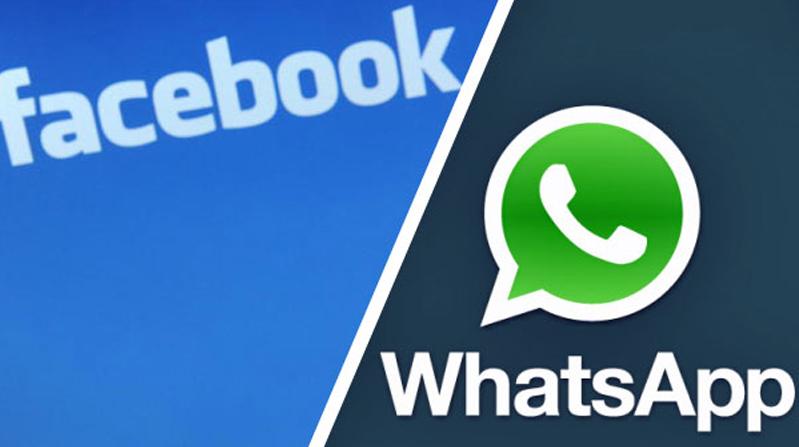EU sent a (€110 mln-fine) message to Facebook over WhatsApp takeover

Facebook has been fined €110m by the EU for providing misleading information about its 2014 takeover of WhatsApp. The Commission previously expressed concern that the social media giant had not correctly communicated planned changes to its privacy policy.
The European commission said it had imposed a “proportionate” fine on the technology company to send a clear signal that all firms must comply with EU competition rules.
When Facebook took over the WhatsApp messaging service in 2014, it told the commission it would not be able to match user accounts on both platforms, but went on to do exactly that.
The commission found that Facebook staff knew in 2014 that it was technically possible to link WhatsApp phone numbers with Facebook users’ identities, contrary to their public statements about the merger.
It points out that Facebook committed two infringements. Firstly, the company provided incorrect and misleading information in the merger notification form, and then repeated the offense in the reply to a Commission request for information.
In a statement Facebook said the errors were not intentional and noted that the commission confirmed these submissions had not changed the outcome of the merger inquiry. “The errors we made in our 2014 filings were not intentional and the Commission has confirmed that they did not impact the outcome of the merger review. Today's announcement brings this matter to a close" it said in the statement.
The European Union’s antitrust chief, Margrethe Vestager, said that Facebook had told the European Commission, the executive arm of the European Union, that the social network would not combine the company’s data with that of WhatsApp, which has more than one billion users.
“Today’s decision sends a clear signal to companies that they must comply with all aspects of E.U. merger rules,” Ms. Vestager said in a statement. “And it imposes a proportionate and deterrent fine on Facebook. The commission must be able to take decisions about mergers’ effects on competition in full knowledge of accurate facts.”
The EU’s merger authorities have usually shunned calls for them to examine concerns over data privacy. Their review of the WhatsApp deal only examined how Facebook’s control of data might strengthen its position in online advertising, determining that there was no overlap between the companies and that WhatsApp didn’t collect any user data valuable for advertisers nor would the deal increase the data available to Facebook’s ad services.

